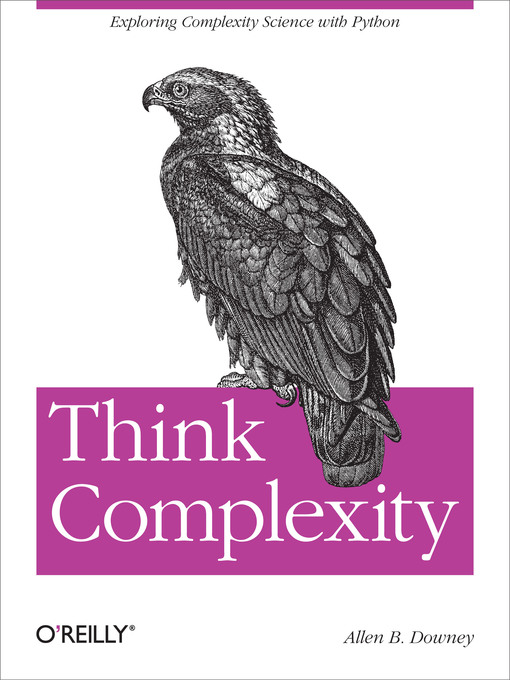Expand your Python skills by working with data structures and algorithms in a refreshing context—through an eye-opening exploration of complexity science. Whether you’re an intermediate-level Python programmer or a student of computational modeling, you’ll delve into examples of complex systems through a series of exercises, case studies, and easy-to-understand explanations.
You’ll work with graphs, algorithm analysis, scale-free networks, and cellular automata, using advanced features that make Python such a powerful language. Ideal as a text for courses on Python programming and algorithms, Think Complexity will also help self-learners gain valuable experience with topics and ideas they might not encounter otherwise.

